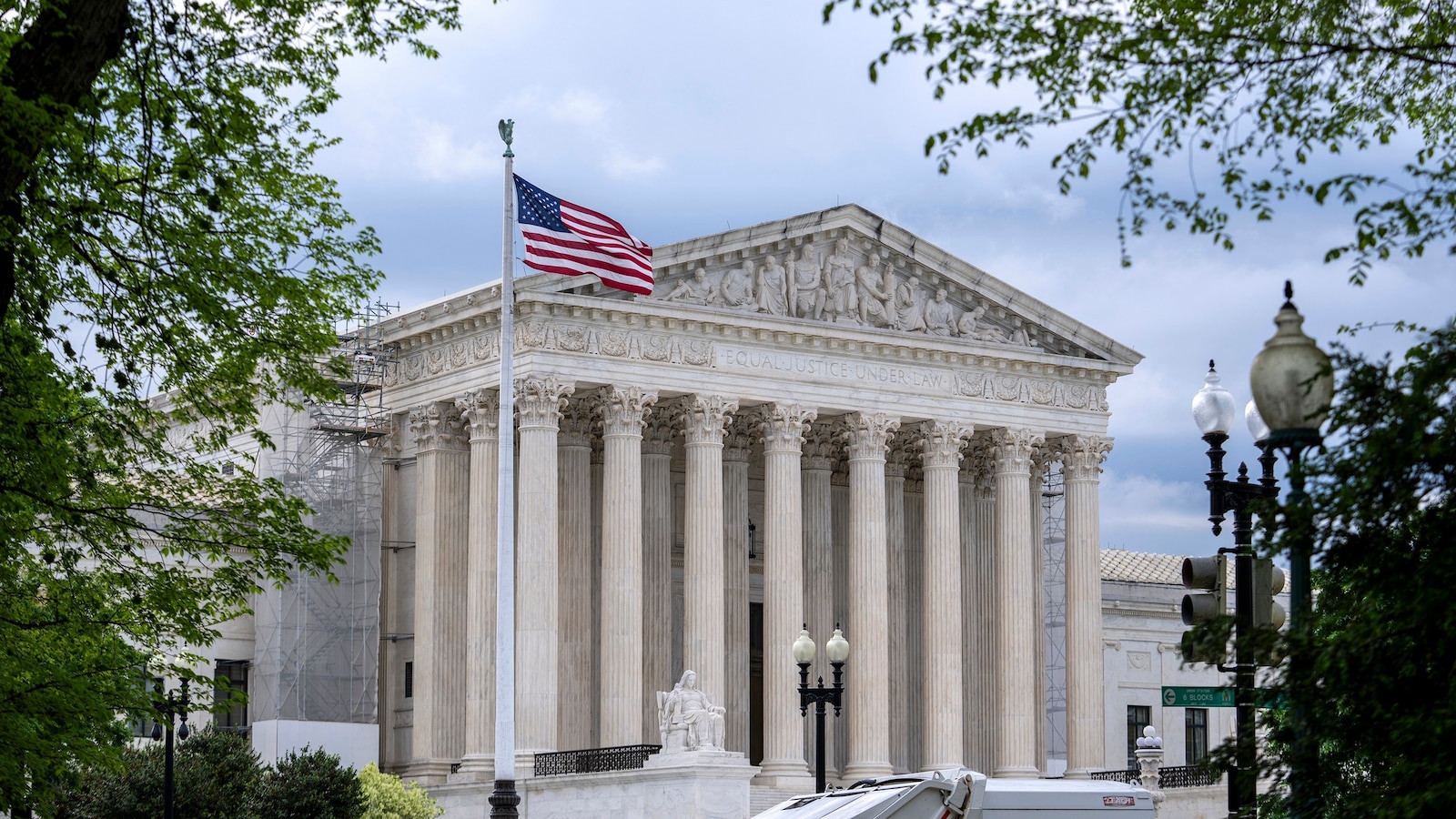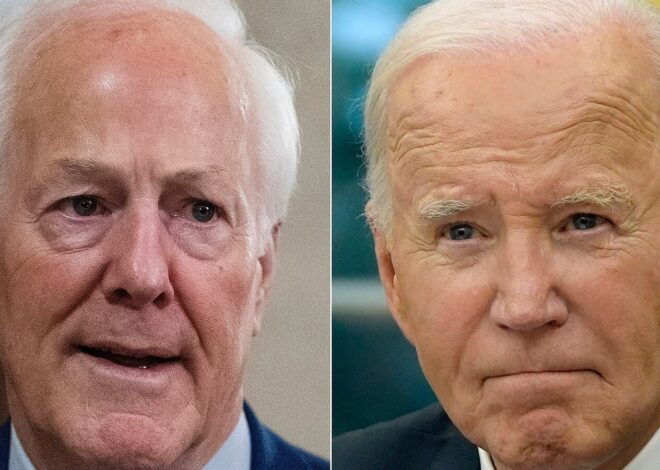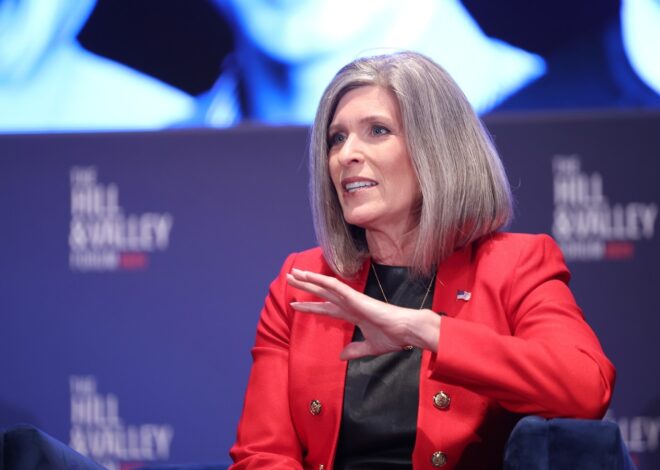
Supreme Court Permits Trump to Start Deporting 500,000 Immigrants from Cuba, Haiti, Nicaragua, and Venezuela
Stirring Shifts in Immigration Policy
Maybe it begins with a few words that ripple across a quiet morning – a headline that somehow feels heavier than most. The Supreme Court, on an otherwise unassuming Friday, chose a path that seems to change the rhythm of many lives, a decision carrying the weight of uncertainty and the potential for significant upheaval. They granted the Trump administration’s wish, one that seeks to abruptly end humanitarian parole for over 530,000 individuals. These are people from countries like Cuba, Haiti, Nicaragua, and Venezuela – countries with stories that many of us only glimpse through news flashes and articles.
The court, perhaps intentionally or perhaps out of necessity, left the reasons for this decision somewhat unsaid. It’s like a song missing its melody, a step taken without a clear map. For those 530,000 lives now cast into uncertainty, what comes next? A return to places that might not yet feel like home, or perhaps, places that no longer are? The implications are vast, touching not just individual lives but entire communities woven into the fabric of a country known for its diversity.
It’s a developing story, and with each update, the contours of the narrative may shift. Each new piece of information might alter our understanding, shape public sentiment, or maybe, just add layers to an already complex tapestry. The task of piecing it all together, of finding sense in the seeming senseless, is left to us. Like turning the pages of a book where the next chapter is still being written, the anticipation tinged with a hint of apprehension.
For now, the decision stands-a ruling that might ripple far beyond what is immediately visible. It echoes in the corridors of power, in the homes of families suddenly facing the unknown, in the dialogues of those who watch and wait. There’s a strange sort of inevitability to it, a feeling that perhaps this is one of those pivotal moments we might remember in years to come.
The ongoing nature of this event invites us to engage, to question, and maybe, to empathize. 24/7 coverage of breaking news might keep the world informed, but understanding the real human impact demands more than just passive consumption. It’s about looking beyond headlines, pondering the deeper stories and truths that are often hidden between the lines.
In the grand scheme, maybe we find a bit of ourselves in these stories, a connection that transcends borders. To read more about the latest developments, you can check the latest updates from Reuters. Maybe the narrative is still evolving, but perhaps that’s the nature of stories-they continue to unfold, even as we seek to find our place within them.



